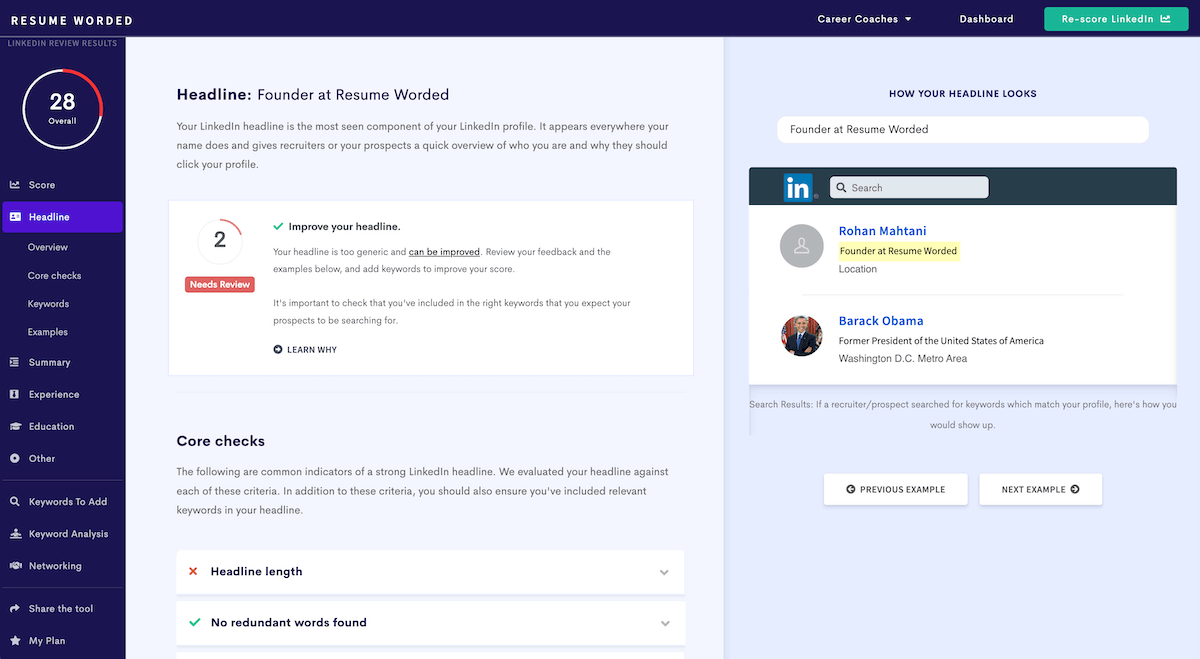"Thank you for your interest in the position, but..." Bummer.
Rejections are unfortunately a common part of every job search, no matter how qualified you are. Companies can't hire everyone that applies for a role and often need to reject incredible applicants because they don't have enough openings available.
When you receive a rejection email, you might just want to delete the email, forget about the entire application process and pretend like it never happened. Don't do this! You can absolutely turn the situation into something positive and beneficial to your career.
Why you should respond to a rejection email
Before we dive into email templates you can copy-and-send to hiring managers, here's what you should keep in mind:
1) Don’t take rejection personally: It’s not uncommon for candidates to feel annoyed when they receive a rejection email. But, it's important to remember that in the current economic climate, it's an expected part of the job hunt. Always keep in mind that the company is not rejecting you as a person. They’re simply saying that they’ve decided to move forward with another candidate.
2) If you’re a candidate, reach out and ask for feedback: It’s a good idea to reach out and ask for feedback from the recruiter or hiring manager. If you know why you were rejected, you can make sure to avoid making the same mistakes in future interviews.
3) Say thank you: While you may not have landed the job, sending a polite thank-you for the interviewer and recruiters time is always a nice thing to do. Plus, in the off chance the employer's first choice falls through, you'll create a positive impression and may even end up being contacted.
4) Build a relationship: Stay in touch with the people you met during the interview process. The recruiters, hiring managers and interviewers are all potential business contacts in the field or industry you're in (or want to work in). Connect with them on LinkedIn, email them occasionally and build your network.
Remember this - if you have had one or more interviews, you likely were an excellent candidate that was worth interviewing, but just missed out on the job. You're someone the hiring manager wants to keep in touch with! In fact, they may even contact you down the road when they're looking to hire again or help you get connected with another company.
Continue reading...





